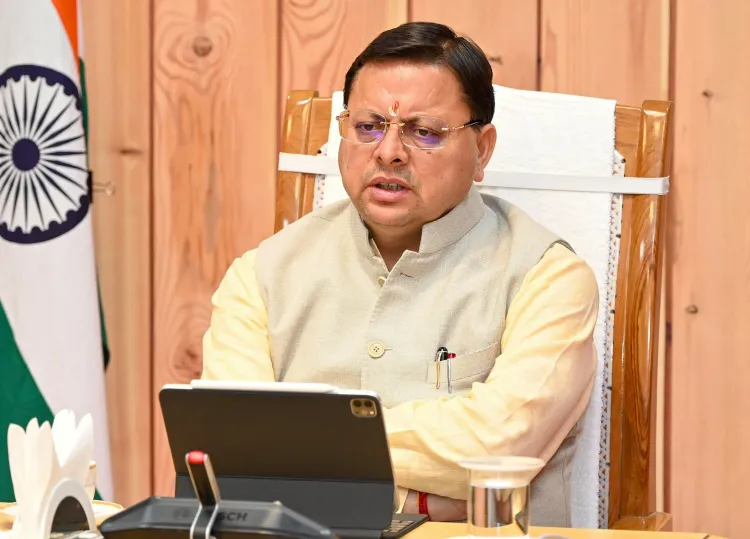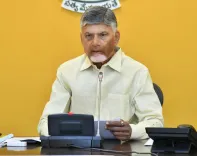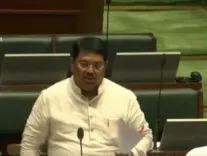How is CM Dhami Transforming Uttarakhand’s Anti-Corruption Efforts?

Synopsis
Key Takeaways
- Robust anti-corruption measures are being implemented in Uttarakhand.
- A 71% conviction rate showcases the effectiveness of the campaign.
- High-profile arrests have targeted senior officials across various departments.
- Public reporting is encouraged through a dedicated helpline.
- Accountability is prioritized, with accused officials suspended from duties.
Dehradun, July 17 (NationPress) In a comprehensive initiative aimed at purging corruption from Uttarakhand’s governmental framework, Chief Minister Pushkar Singh Dhami’s stringent anti-corruption stance has resulted in a series of impactful actions—both high-profile and systemic.
Over the past four and a half years, the Vigilance Department has executed 82 trap operations, leading to 94 arrests, which include 13 gazetted officers.
With a remarkable 71 per cent conviction rate, Uttarakhand’s anti-corruption drive has evolved from mere promises to tangible successes in court.
Among the significant arrests are senior officials from various departments; a PWD Assistant Engineer in Nainital was caught soliciting Rs 10,000; a UPCL Junior Engineer in Dehradun was apprehended for accepting Rs 15,000; and a Roadways AGM (assistant general manager) in Kashipur was detained for a Rs 90,000 bribe.
The District Excise Officer in Rudrapur was caught taking a ten percent commission on liquor shipments valued at Rs 10 lakh.
These arrests illustrate the extensive nature of the crackdown, which spans from technical staff to regulatory bodies.
The Chief Minister has instructed all departments to deny critical responsibilities to accused officials until judicial proceedings are concluded.
A toll-free helpline (1064) has been introduced to promote public reporting, and timelines for prosecuting trap cases have been expedited.
Official data shows a consistent rise in arrests over the years; 7 in 2021, 15 in 2022, 20 in 2023, and 38 in 2024.
By mid-July 2025, 14 arrests have already been reported. In a related disciplinary measure, the Uttarakhand Drinking Water Corporation suspended Superintending Engineer Sujit Kumar Vikas amid serious allegations of financial misconduct.
The officer reportedly facilitated a Rs 10 lakh transfer to a company connected to his wife in exchange for departmental favors.
Despite being granted time to respond, he failed to provide clarification, resulting in immediate suspension.
The Corporation’s Chairman emphasized that the allegations are serious and that Vikas’ continued presence in Haldwani could negatively impact the morale and integrity of other officials.
He has since been reassigned to the General Manager (Training) office in Roorkee during the inquiry.
This multifaceted strategy—combining legal action with administrative discipline—marks a new chapter in Uttarakhand’s governance, where ethical behavior is not just encouraged but enforced.
Under CM Dhami’s guidance, the state seems committed to reshaping its bureaucratic culture, fostering public trust through transparency, accountability, and prompt justice.





